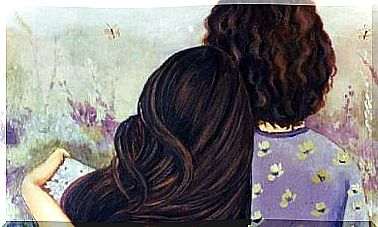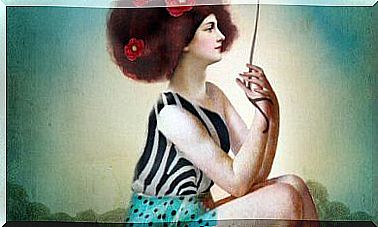Homer, The Biography Of The Great Epic Poet
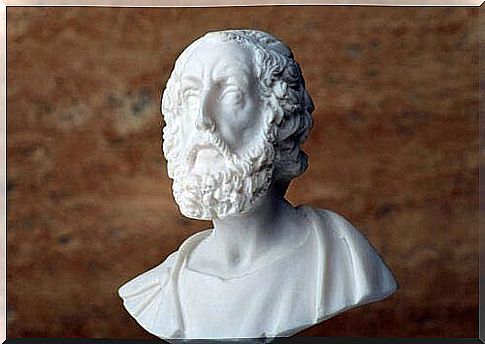
Homer is known for being one of the first poets of Ancient Greece. Or at least one of the first ones we know about. We must consider that, when we speak of works of Classical Antiquity, most were lost or reached us only in fragments.
In Antiquity there was no printing and the form of transmission and conservation of written texts was difficult. After the fall of the Roman Empire, much of the written texts were lost, even though, in medieval times, monasteries were responsible for translating and copying Greek texts.
We believe – that there were approximately 800 authors in Rome, of which we only know about 140. Therefore, the task of creating and defining the works and authors of antiquity is truly difficult.
Thus, it is difficult to know with certainty the authorship of many of the best known works. In the case of Homer, the two main Greek epic poems are attributed to him: Iliad and Odyssey, in the 8th century BC
For many historians and scholars, Homer opened the doors of the West to literary creation. Furthermore, he introduced Greek mythology and, thanks to him, we can get an idea of what Greek society was like at the time he lived.
Therefore, when talking about Homer, we are referring to the birth of Western literature, a historical and ethnographic source, an example to be followed as the great sage of his time.
Who was Homer?
Although his two great works have been deeply studied, not much is known about Homer’s biography. As with countless authors of his period, we have clues and assumptions, but we cannot say anything with certainty.
There are indications of its origin in historical texts subsequent to its time, but in some cases these texts contradict each other.
Therefore, it is considered that most of Homer’s biographies that circulated in Antiquity do not contain reliable data about the poet. However, current historians admit that Homer came from the Ionian colonial region of Asia Minor, based on the linguistic features of his works.
Reality and fiction are very united in his figure and also in his work. In antiquity, Iliad and Odyssey were considered historical texts, which narrated real events. For this reason, it is not strange that there are contradictions about his biography.
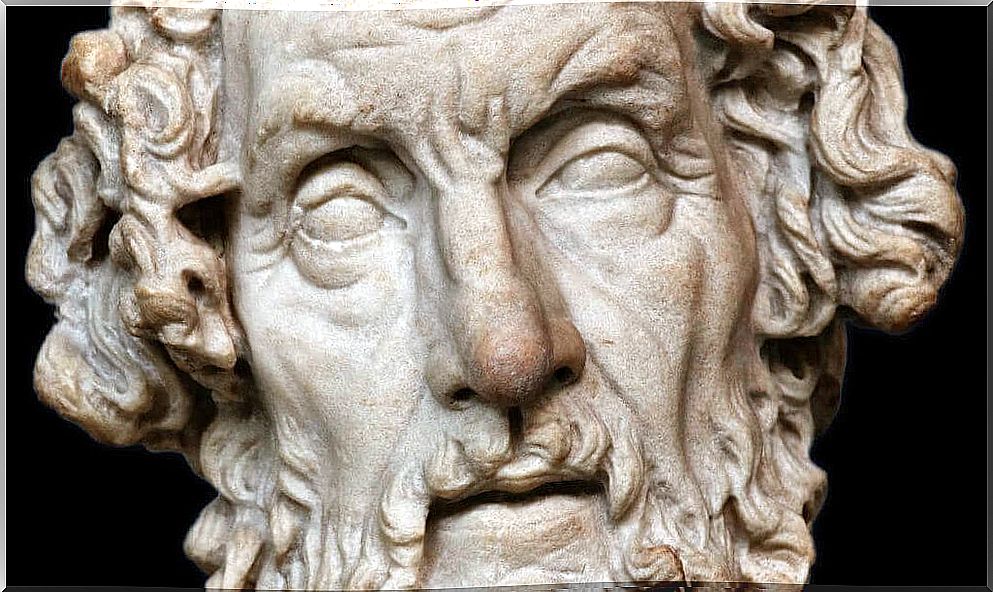
Thus, the figure of Homer is confused between reality and history. Hence, he is commonly characterized as a blind poet who roamed the Hellenic world sometime in the 8th century BC.
On his travels, he practiced reciting his epic poems to those who would listen. Its spectators ranged from the inhabitants of a simple city who were crowded in a square to the nobility gathered in large theaters inside a palace.
We must bear in mind that the literary transmission was, for the most part, oral. This orality prevented the conservation of many texts, not only from classical times, but also from medieval times.
The epic is a literary genre in which the hero’s exploits are narrated. The purpose of this genre is to enhance the values of a village, therefore, it had its heyday in antiquity and remained (despite certain changes) in the medieval period.
Some of these poems never made it into the written medium or were lost over time. Iliad and Odyssey, in addition to having survived, were imitated and considered great models of antiquity for centuries. There definitely resides the importance of Homer.
Doubts about its existence
Thanks to the meticulous analyzes that were made of the Odyssey and the Iliad, the doubt arose that perhaps Homer did not exist as a single individual. There are those who say that Homer would be a kind of pseudonym under which several unknown authors were grouped. These doubts about its existence were called the Homeric question.
In the debate between researchers in Homeric literature, there are two big questions:
- Who was or were the authors of Iliad and Odyssey? To answer this question, researchers split into two groups.
- On the one hand, we find those who believe that the works were written by various authors, given their length, anachronisms, and the uses of different literary techniques and variations of the Greek language, present throughout the two works.
- On the other hand, we have those who consider that its author was a person who took charge of creating the work by compiling and synthesizing oral histories.
- How were they made? In answer to this question, there is a greater consensus among researchers.
- It is considered that the work, whether by individual or collective authorship, was the product of the compilation of popular oral compositions of the time. Compositions that have been handed down through several generations and that were synthesized in writing in Iliad and Odyssey under the name Homer.
Homer’s legacy to western culture
Despite these debates, it is undeniable that Homer and his works are the pillars of Western literature. Anyone who studies literature or art history knows that Homer is the first name to appear on the literary scene.
Homer was imitated even in Antiquity: the Aeneid, the great epic of the Roman Empire, is a kind of reinterpretation of Homer’s works.
Few human disciplines can escape Homer’s work. From literature to philosophy, through archeology and history, all constantly cite Homer, either as a source of inspiration or as a historical source for studying Ancient Greece.
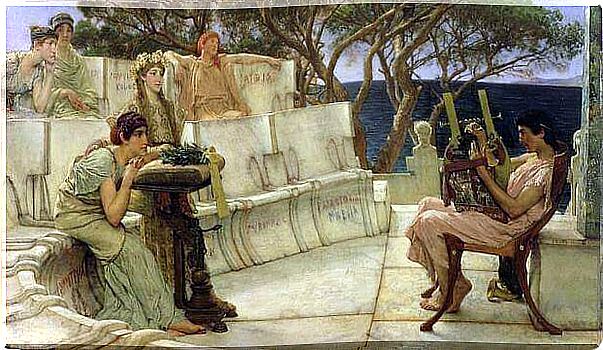
To reduce Homer’s work to just Iliad and Odyssey would be to oversimplify his production. Currently, other works are attributed to him. For example, the comic parody that goes by the name of Batracomiomaquia – The Battle of Frogs and Rats. He is also considered to have written the Homeric hymns and other fragmentary works such as Margites.
It can be said that, in all of his work, Homer shaped Greek society at the end of the archaic period (8th century BC). A society based on caudilloism, in which slavery and sacrifices to the gods existed. It also describes courts of law and a society with certain ethical values based on respect for women, the elderly, beggars and the corpses of enemies.
Definitely, we are facing an author who managed to survive the passage of time. An author whose reading remains fundamental today, whether in the classroom or outside of them. Homer, whatever his identity, will remain the great epic poet of antiquity.
